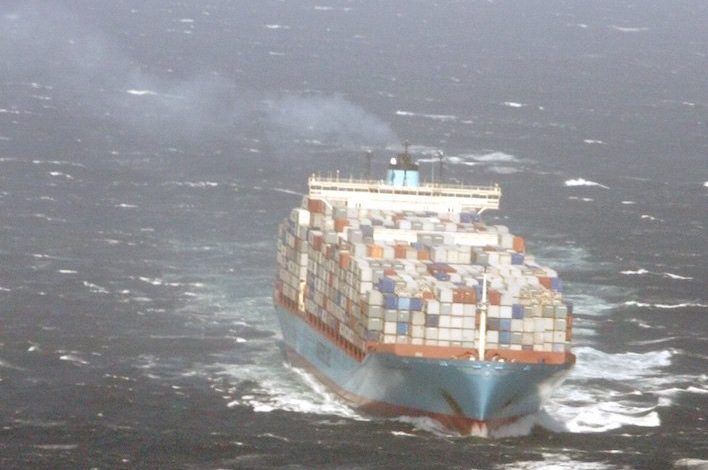Measuring maritime emissions well-to-wake can drive development of renewables

The challenge of achieving net zero carbon emissions should be shared along the supply chain, not placed on shipowners alone, says Chris Chatterton from the Methanol Institute.
The IMO’s 7th Intersessional Working Group on Reduction of GHG Emissions from Ships, which takes place in a few weeks, includes a paper from the European Commission discussing whether maritime emissions should be measured from ‘tank-to-wake’ or from ‘well-to-wake’.
The EU argues that by taking into account emissions related to the production cycle of fuels, a well-to-wake approach could enable a more complete picture of the environmental performance of alternative fuels.
It could also incentivise the uptake of existing technologies with a lower GHG footprint than conventional fossil fuels and start reducing emissions immediately using existing technologies and “drop-in” alternative fuels.
The well-to-wake measurement of emissions from marine fuel is a position that makes sense for the shipping industry to ensure the widest range of options are available, including low-carbon and net carbon neutral fuels like methanol.
It cannot be in the interests of shipowners or their customers to have the burden of carbon emissions reduction placed on the shipping industry alone. The implications for safety and for cost of transportation are obvious; the unintended consequences on the supply chain and port infrastructure could be numerous too.
As with IMO2020, the energy industry should take a share of the burden in finding sustainable solutions that spread the investment risk and don’t slow down the progress towards reducing the total carbon impact of shipping.
Looking at carbon emissions from tank-to-wake would require vessels to employ zero carbon emission fuels and technology, with little regard to the upstream supply chain in terms of its own decarbonisation process and the investments being made, such as Carbon Capture Utilisation and Storage.
It would also have the effect of limiting the industry to fewer options; most of which are either not available to owners and operators at anything like the scale required or are largely underdeveloped.
Batteries already provide auxiliary and limited main propulsion power on small harbour craft or OSVs, but they are not practical to deploy on large ships, nor are they sustainable when one considers the cost of their production and disposal risks.
Once significant safety issues are addressed, Ammonia may be a potential solution for certain vessel types, solely because the molecule contains no carbon. When evaluating hydrogen, we should remember that less than 1% of global production today comes from a renewable source; instead it, like most of the available conventional Methanol, is produced from natural gas.
Current IMO measures such as the EEDI are based on a tank-to-wake approach, though our understanding is that there is room within the initial IMO GHG strategy for a wider supply chain approach to be taken should Member States wish to do so.
Favouring a well-to-wake approach is a practical way of fostering the development of Net Carbon Neutral Fuels in the supply chain, including renewable Methanol from waste CO2, renewable electricity, as well as from biomass and municipal solid waste.
Methanol will always have carbon in the molecule, but it also has the highest hydrogen-to-carbon ratio of any liquid fuel, making it a more efficient future fuel when produced renewably.
Methanol is already produced in a net carbon neutral format, albeit it at a premium to conventional methanol due to the lack of a balanced policy, which should include not only targets, but also incentives.
Adopting a lower-carbon supply chain for renewable Methanol now would enable owners to begin the energy transition and ensure the ability to meet 2030 and 2050 targets, possibly much sooner than these deadlines, especially since the framework for safe use of methanol as a marine fuel is already in place.
Owners can already reduce their ‘in sector’ carbon emissions using conventional methanol. As we’ve seen in the consumer energy sector, as the capacity of renewables rises, costs fall, so we can expect that as commercially viable pathways for renewable methanol production increase, so costs will decline here too.
To support this, IMO member states should be working to frame the long-term energy challenge across the transportation supply chain so as to balance the impact of decarbonisation on shipping, its customers and the wider stakeholder community.
